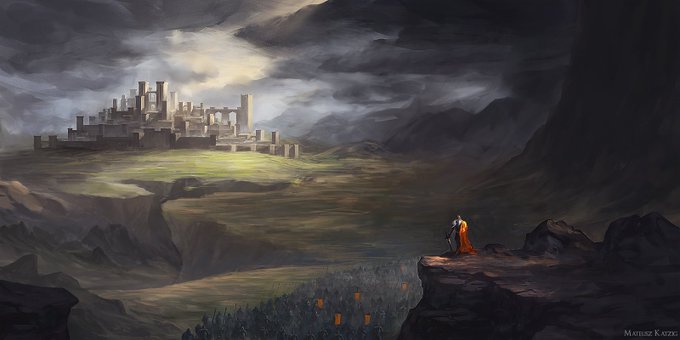Systemization VS Discretion 🔰
This gets framed as a debate. It's not. It's part of the same toolkit. The best traders don’t choose one; they weaponize both.
GENERAL KNOWLEDGE 📚DOCXBT 🩻🥼
@docXBT
7/3/20252 min read


Systemization VS Discretion
Systemization vs. Discretion
This gets framed as a debate.
It's not.
It's part of the same toolkit.
Trading is war.
Systemization is your army.
It's your preparation, routine, map of the battlefield, foot soldiers, weaponry and vehicles.
But what happens the map tears, the fog rolls in, the ground gets muddy and vehicles get stuck?
In comes your Field General i.e., your Discretion.
Experienced, calculating, adaptive, able to call an audible.
The best traders don’t choose one; they weaponize both.
Let's learn how:
1. Definitions
>Systemization: Rule based, repeatable, backtested, positive expected win rate over time, high expected value entries/exits. This is the mechanical side of trading.
>Discretion: Allows for nuance, adapts to regime shifts, accounts for context, uses experience and intuition that machines cannot replicate.
This is the human side of trading.
2. Strengths
>Systemization
- You can test it.
- You can scale it.
- You can outsource decision making.
- You can protect yourself, from yourself.
- You get repeatability under stress and over time.
But don’t confuse automation with edge. Garbage in = garbage out.
>Discretion
- You see what machines miss.
- You recognize the meta shift early.
- You use your experience to override mechanical errors in systemization.
- You understand the context of the market (you can avoid trend trading in a rangebound asset).
- You can adapt mid-trade and apply probabilistic outcomes like evolving R (CryptoChase tweet about 3R instead of 4R).
- You can sniff out the bullshit like when a trigger appears but during a lower EV session.
- You avoid hard price stops and begin to use invalidations- "is static price telling me I'm wrong or is the flow?".
3. The Hybrid Approach
Systems lay the foundation for your success.
They teach you the discipline to execute on your high EV triggers when they appear.
They teach you the patience to do nothing the rest of the time (like TradingMercury and Frog).
They show you that your fear/emotion at entry is often an edge. You execute while they overthink.
Systems inherently prevent you from overthinking.
They protect you, from you.
Discretion is your evolution.
Why gain the experience if you're never going to use it?
Why find an unsystematic edge if you won't try to exploit it?
Discretion is the sum of your experiences in markets.
Some things don't come around often- like trading around an actual real life war. I've been around for 5 years and traded war headlines 3 distinct times. I've journaled those moments. I've traded them. I've become able to find edges around those times that systems can't solve for.
Example: Discretion will lead you to comparing severity of news against headline impact on price over time i.e. News absorption.
Experience is an edge. Don't ignore it.
4. My Takeaway
Don’t ask, “Should I be systematic or discretionary?”
Ask:
a) Where can I reduce decision fatigue?
b) Where must I stay human and adaptive?
c) Where does my judgment add value and where does it destroy it?
Don't know yet? Journal. Gather data.
Your answer = your advantage.
Final Thought
In war, strategy wins battles- but instincts save lives.
In trading, systems build consistency- but discretion makes the difference.
Know your tools.
Know yourself.
And never confuse impulse for intuition.
Link to the original tweet: https://x.com/docXBT/status/1940794914843120019